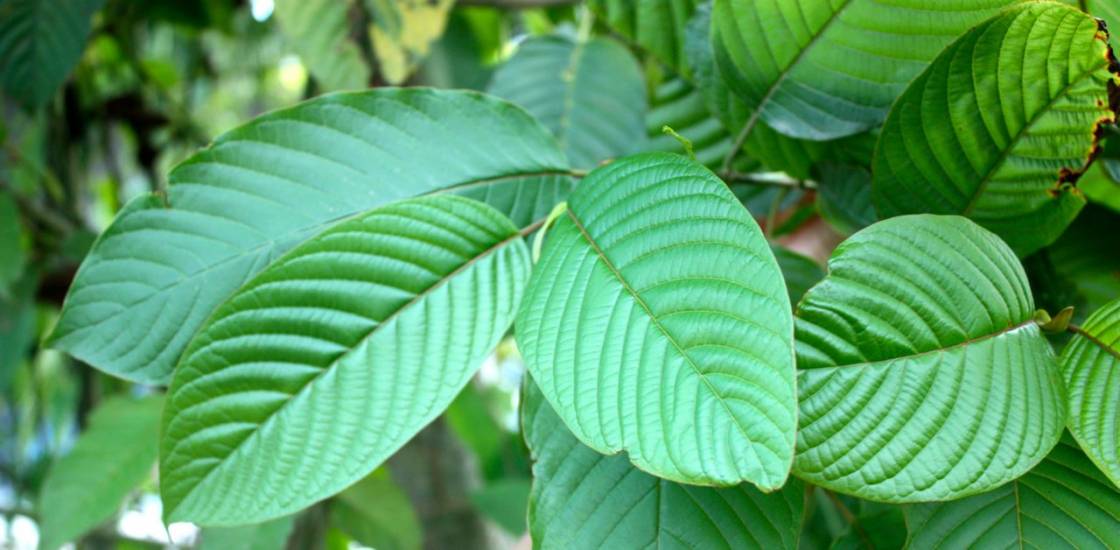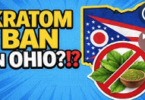Nashville’s WKRN news team may be sticking their foot in their mouth after copying factually incorrect information from a group that acts as a front for Scientology. Narconon, not to be confused with the legitimate and well-respected self-help organization NarcAnon, was the source for their litany of side effects for kratom. Kratom is an herbal medicine that has become increasingly used for multiple conditions. Narconon, which is a front for the Church of Scientology, have themselves been implicated in multiple deaths at their supposed rehab centers. Of three recent deaths at the cult-connected rehabs, an attorney on the case stated that “he believed that … death could have been prevented if the staff would have placed her into medical detox.”
WKRN reported that kratom, which is a natural plant product in the same botanical family as the coffee plant and possessing more antioxidant activity than a cup of green tea, was a “synthetic” product as well as an “opiate.” Synthetic? No! Opiate? Not at all. Addictive? No more than a cup of coffee, according to one of the U.S.’s leading specialists on addiction, Dr. Jack Henningfield, professor at Johns Hopkins University. Kratom is not only an all-natural herbal substance that has been used in folk medicine for centuries, but it is also the subject of dozens of clinical trials and studies that are continuing to show multiple benefits for the versatile jungle-based botanical.

Thanks to concentrated efforts of Susan Ash of the American Kratom Association and organizations like Botanical Education Alliance, kratom managed to weather the storm of an 11th hour extra-legislative ban attempt by the DEA in September. One of the efforts of the AKA, apart from lobbying to maintain users access to the medicinal herb, is taking a stand against misinformation and disinformation that has been rampant for years.
I attempted to contact WKRN through their Facebook page and offered sources as widespread as Forbes, Scientific American, and even the New York Times that were overwhelmingly in support of kratom as well as the 8-factor analysis by Dr. Jack Henningfield, commissioned by the American Kratom Association, which was a large factor in the unprecedented backdown by the DEA after their attempted federal scheduling of the benign botanical.
WZTV Fox 17, on the other hand, deserves a nod of the hat for being willing to back down to facts when a Reddit thread from the /r/kratom community resulted in a massive outreach campaign to the station. The article headline has been changed to no longer list kratom as an opiate or opioid and mentions that it was being sold to be used for medicinal purposes. The story has been updated to note that they are investigating further, which is the sole stated purpose of journalistic reporting. Love may mean never having to say you’re sorry, but journalistic integrity means retractions or clarifications are standard practice in case of inaccuracies.
The story at WKRN garnered 66 comments, most of which were strongly in support of kratom and provided counterbalance to the disinformation housed within the article. A cursory glance of their Facebook feed reveals numerous other similar circumstances of misleading, “click-bait”-style, attention-grabbing headlines, many of which have little or nothing to do with the story itself. Bogus teasers about a beer made with concert-goers’ urine or a “giant sea monster” stranded in Indonesia (spoiler alert: it was a beached whale) are notable examples.
Tennessee’s opioid addiction crisis is severe and getting no better. With carfentanil and heroin on the streets and rates of addicted mothers three times the national average, you would think anything that might prove a safe, even healthy alternative to either legal pain medications for chronic pain or illicit opiates and opioids would be welcomed with open arms. Unfortunately, not so at the moment in Tennessee as an analogue bill passed in the era of the “Bath salts zombie” scare made the botanical cousin to coffee’s constituents illegal to possess, manufacture, or distribute. The legal wording, however, may not apply, seeing as the bill in question makes no mention of the kratom plant and only references synthetics in both the title and language of the bill. Previous attempts by this journalist to contact Tennessee Governor Bill Haslam resulted in an explanation of how there is currently no law on the books in the TCA referencing Mitragyna speciosa or kratom as it’s commonly called by name. Furthermore, the bill that is used to prosecute kratom references “synthetics” in both title and language of the code and makes “manufacture, sale, distribution and possession” of synthetic versions illegal while seemingly allowing a loophole for the unmentioned raw, leaf, or powder.
Local officials urged to halt unscientific “Reefer Madness” attacks on coffee-like botanical https://t.co/ZtGC4rZy27 #iamkratom pic.twitter.com/9H80AY80Bz
— AmericanKratomAssoc (@TheKratomAssn) March 16, 2017
Governor Haslam’s swift initial response (in September of 2015), “After careful review of your letter, I have determined that the Tennessee Department of Health is the appropriate agency to address this type of inquiry, and therefore have forwarded your letter to Commissioner John J. Dreyzehner’s office for consideration.” At the time of this writing, no clarification from Haslam or Dreyzehner has been made.
[Featured Image by Scott Lauder/Evening Standard/Hulton Archive/Getty Images]






